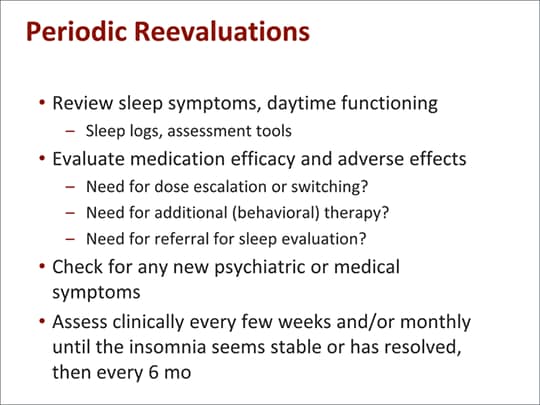

Eszopiclone is subject to interaction with CYP3A4 inhibitors and inducers, cimetidine may inhibit zaleplon metabolism, and potent CYP3A4 inhibitors may decrease zolpidem metabolism. Rifampin can induce the metabolism of benzodiazepine receptor agonists. Patients who are receiving eszopiclone may experience dysgeusia (altered taste). 11 Benzodiazepine receptor agonists can cause drowsiness and dizziness they have an additive effect with other central nervous system (CNS) depressants, and complex sleep-related behaviors have been reported. 5,8 Zolpidem is available in several dosage forms, and the sublingual tablet (Intermezzo) is approved for middle-of-the-night awakening. These agents decrease sleep latency (the time it takes an individual to fall asleep after turning off the lights) and are approved for short-term treatment of sleep-onset insomnia.Įszopiclone and controlled-release zolpidem are approved for sleep-maintenance insomnia. 5-10 Although they are not structurally benzodiazepines, these agents bind to benzodiazepine receptors, resulting in an agonist effect on GABA. Members of this class include eszopiclone, zaleplon, and zolpidem. PHARMACOLOGIC TARGETS Benzodiazepine Receptor Antagonists
#Acute insomnia treatment guidelines update
The purpose of this article is to update the pharmacist on guideline-directed pharmacotherapy for insomnia and to characterize the role of orexin receptor antagonists in treatment. The newest class of medications works by antagonizing orexin receptors. Medications for insomnia have historically targeted gamma-aminobutyric acid (GABA), histamine, and melatonin receptors ( TABLE 1). 2 Pharmacotherapy for insomnia should be considered mainly in patients who are unable to participate in CBT for insomnia (CBT-I) or as an adjunct to CBT-I. Sleep-onset insomnia is defined as difficulty initiating sleep, and sleep-maintenance insomnia refers to difficulty staying asleep through the night.Ĭognitive-behavioral therapy (CBT) is the first-line treatment for insomnia. Insomnia may be further divided into sleep-onset and sleep-maintenance insomnia. Chronic insomnia, in which symptoms last longer than 3 months, is related to psychiatric illness, substance-abuse disorders, medical issues, or behavioral factors. Short-term insomnia has a duration of less than 3 months and is related to personal stressors, such as moving into a new house or the death of a spouse. Transient insomnia has a duration of less than 1 week and is caused by acute situational or environmental stressors, such as sleeping in a hotel room. 4 Different types of insomnia have been identified. Insomnia is defined as difficulty initiating or maintaining sleep that results from daytime circumstances and is not attributable to environmental factors or inadequate opportunity to sleep. Patients with insomnia are more likely to be absent from work and are at increased risk for occupational and motor-vehicle accidents. 2 Insomnia is associated with adverse effects on cognition, productivity, and quality of life, and recent studies suggest that it is a risk factor for mood disorders, hypertension, and relapses of depression and alcoholism. 1 Insomnia, a common sleep disorder characterized by difficulty falling asleep or maintaining sleep, affects from 10% to 50% of the population worldwide. Most adults need about 7 to 9 hours of sleep per day. Orexin receptor antagonists are a novel class of sedative-hypnotics for sleep-onset and sleep-maintenance insomnia, and currently three agents have been approved by the FDA. Herbal supplements also have been used to treat insomnia. Alternative medications, such as antidepressants and antipsychotics, may be used in patients with certain comorbidities. Pharmacotherapy involves the use of sedative-hypnotics, with traditional targets of these agents being gamma-aminobutyric acid, histamine, and melatonin receptors. Cognitive-behavioral therapy is considered the first-line treatment for insomnia. Recent studies suggest that insomnia is a risk factor for mood disorders, hypertension, and relapse of depression and alcoholism. A number of different types of insomnia have been identified. ABSTRACT: Insomnia is a common condition that can have negative effects on cognition, productivity, and quality of life.


 0 kommentar(er)
0 kommentar(er)
